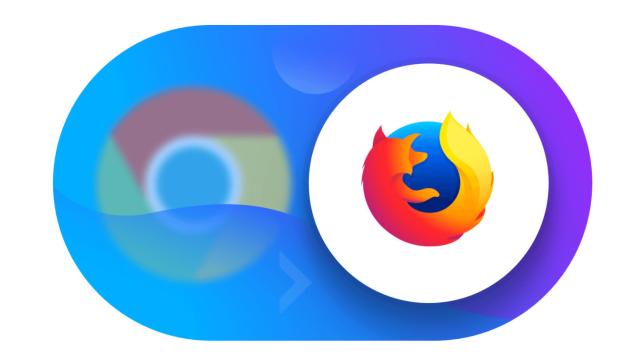Mozilla launched a new version of Firefox on Tuesday spotlighting its speed and privacy features as the San Francisco-based open source upstarts continue to compete against Google Chrome’s global browser dominance.
A decade ago, it was Firefox that broke Microsoft Internet Explorer’s iron grip on the web. Those browser wars feel like a lifetime ago. Today, with 300 million users, Firefox is the second most popular browser on the web after Google Chrome.
Firefox 67 launched on Tuesday for Windows, Mac, Linux, and Android. In 2017, Mozilla launched Firefox Quantum, the browser’s biggest overhaul and rebuild even, which focused mostly on speed. Today’s new version continues in that vein and builds in new security and privacy tools as well. Here’s a Mozilla video on the new version:
Firefox’s marquee changes include the deprioritisation of less commonly used features in order to more quickly prioritise things like the main scripts for Instagram, Amazon, and Google which should each run from 40 to 80 per cent faster.
Idle tabs will be suspended, meaning you lunatics opening 50 tabs (I can relate) will now see Firefox suspend unused tabs in order to keep your computer running quickly when memory is lower than 400 MB.
Firefox and Chrome are now evenly matched in performance, according to independent tests. For a long time, Chrome’s speed was one of its biggest advantages. Firefox’s recent retooling means they’ve largely caught up in the department that can almost instantly win or lose users.
The other dimension is privacy, a key offering in order to contrast Mozilla with Google. The new Firefox takes new attempts to block cryptomining and fingerprinting.
Cryptomining is an attack that secretly uses your computer to mine cryptocurrency, making hackers money at your expense — it can cost you computer performance and money. Fingerprinting is the act of tracking your exact browser around the internet, a common advertising-surveillance technique.
We’re in an interesting time for browsers. The Firefox faithful have been justifiably pleased with Mozilla’s recent track record and are actively proselytising about why you should switch.
Apple’s Safari is making real progress on speed, security, and privacy, winning over some of its own converts and easily retaining many Apple users who find the browser by default and are happy within Apple’s ecosystem.
Even Microsoft’s Edge is in the middle of a real rebuild that’s gaining serious positive attention for Redmond, once upon a time the undisputed incompetent villain of the web browser world.
Google Chrome remains king. According to all recent statistics, the browser from Mountain View isn’t losing any ground when it comes to its user base. But other browsers—even from smaller but capable outfits like Brave—are increasingly making real cases for their own existence now that they are forcing Chrome to do better and think harder on crucial issues like privacy in order to play catch up before they get left behind.
The more competition, the better.
